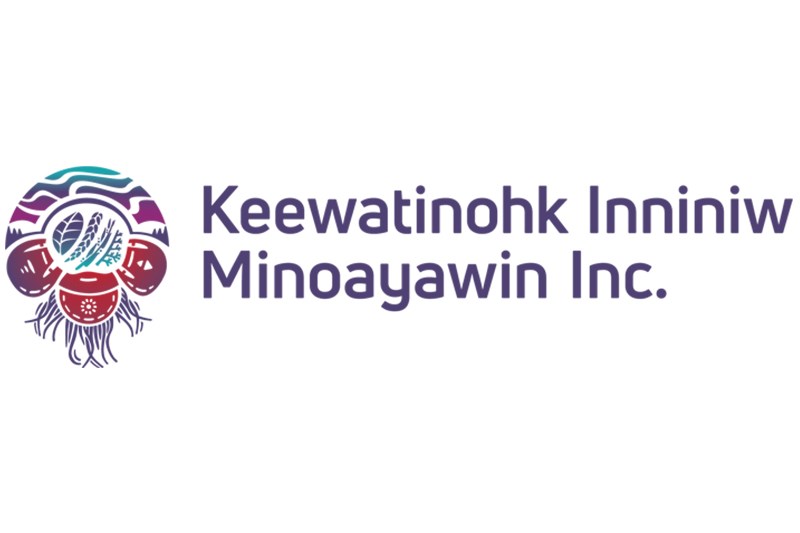A new health-care training program in Manitoba’s North is equipping First Nation students with the skills in high demand at remote nursing stations, so they can both study and enter the workforce close to home.
Earlier this month, Red River College welcomed the first of what the Winnipeg-based school and its partners — Manitoba Keewatinowi Okimakanak Inc. and the organization’s health entity, Keewatinohk Inniniw Minoayawin Inc. — hope to be many future diagnostic support workers in Northern Manitoba.
Designed by RRC, MKO and KIM, the diagnostic support worker applied certificate program is made up of four micro-credentials that will prepare students to work in the field.
It’s a collaborative solution to address the lack of trained allied health-care workers in the north, a problem the First Nations Inuit Health Branch first approached administrators at RRC with two years ago.
“We hope to have successful graduates… who will be able to work, provide mentorship for others, be role models in the community, be able to provide and assist with access to care for members in their community,” said Lesley McGuirk, chair of the allied health sciences department at RRC.
The partners surveyed nursing stations and undertook community engagement to gauge interest, as well as reliable internet availability, before the launch.
Six students have enrolled in the pilot year of the program. Their MKO and KIM-sponsored training got underway Nov. 2.
Credits will focus on an academic foundation, lab and radiation safety, medical terminology and anatomy, and communications.
Students will also learn how to draw and package blood, do radiographic imaging procedures, and assess heart health with an electrocardiogram (EKG) test.
Once participants complete the academic foundation course, McGuirk said they can work at their own pace in working towards graduation.
Students will be able to continue to add skills as they progress throughout their career or as equipment advances, according to a Nov. 20 news release on the program’s launch.
“First Nations leaders have long been asserting the need for trained health-care professionals from within their own communities,” Dr. Barry Lavallee, KIM chief executive officer, said in the release.
Lavallee said the program is one of many the health agency is helping co-create to support local workforce development through education and job creation.
The diagnostic support worker program is currently being offered via online instruction. Successful students will also have to participate in hands-on labs and in-person clinicals in larger urban areas near their communities.
Instructors have all received cultural awareness training and students will be able to access the college’s supports remotely, including guidance from RRC elders-in-residence.
The inaugural cohort is expected to graduate and enter the workforce in fall 2021.




